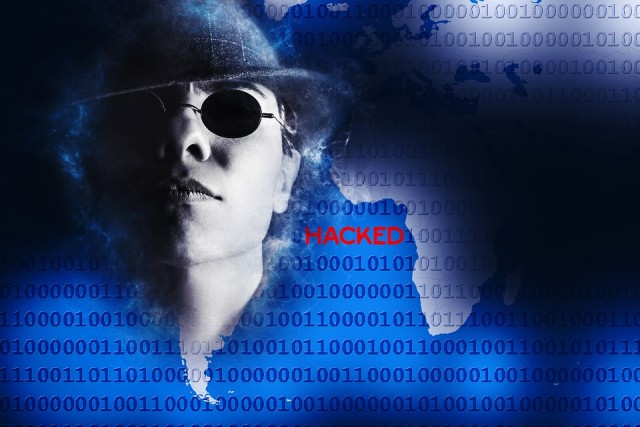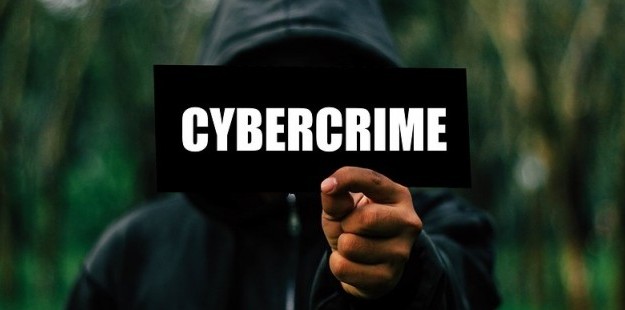Cyber attacks dominated the news in 2016, but what do Americans know about cybersecurity? Do they even care?
Edward Snowden is a former U.S. government contractor who leaked thousands of classified documents to the press in 2013. These documents exposed the National Security Agency’s global surveillance programs run in conjunction with European governments, telecommunication companies and the Five Eyes Intelligence Agency.
Despite his notoriety, 34% of Americans never heard of Edward Snowden, a ReportLinker survey found. Minorities and women were less likely to recognize his name.
Of those who have heard of Snowden, 25% believe he is a whistleblower who should be pardoned and the same number believes he is a traitor who should go to jail but Snowden does not regret leaking confidential information and said in a December interview that privacy improvements were being made as a result of his actions.
Worried About Cyberattacks?
In the United States, the most common passwords are “123456” followed by “password,” “12345678,” “qwerty,” and “12345.” While these passwords may be easy to remember, they are easily hacked.
“A closer examination of major breaches reveals a common theme: In every “major headline” breach, the attack vector has been the common password. The reason is simple: The password is by far the weakest link in cybersecurity today,” former homeland security secretary Michael Chertoff told CNBC.
ReportLinker asked Americans if they felt safe from computer hackers. Surprisingly, 55% said they felt safe despite the fact 69% said they felt cyber attacks were a greater threat now than they were in 2011.
Cyber attacks have been directed toward corporations, transportation agencies and Internet of Things devices. Attacks like this are only expected to continue, yet only 31% of Americans believe their smart devices are vulnerable to attack. The majority believe an attack could come via computer or smartphone.
Why are Americans so unconcerned about cyber attack? Because the majority believes the government and big corporations are the main targets rather than individuals.
When trying to fight cyber attacks, the most popular tools used by Americans are strong passwords, locking their phone, and software updates, Tools that provide an extra level of security such as two-factor identification, using HTTPS encrypted websites and encrypted texting were the least popular.
Government Surveillance
Is the United States prepared for a cyber attack? Slightly more than half, 52%, of Americans say yes. Nearly the same number, 52%, believes Russia is the largest threat to U.S. cybersecurity.
According to Bloomberg, the NSA, the Central Intelligence Agency and the Federal Bureau of Investigation will be given expanded surveillance power under the Trump administration.
These powers are what most Americans believe the government should have. When asked if surveillance powers should be enhanced, 64% said yes, and when asked if politicians should strengthen cybersecurity regulations, 74% said yes.
Under tighter regulations, corporations would have fewer options for refusing government requests for information.
Americans are split on this issue. When asked their opinion on corporations that refuse government invasion of privacy, 52% have a positive opinion. At the same time, 52% agree the FBI should have great access to information.
Regardless of the way look at it, Big Brother is watching.
Find a Home-Based Business to Start-Up >>> Hundreds of Business Listings.


















































